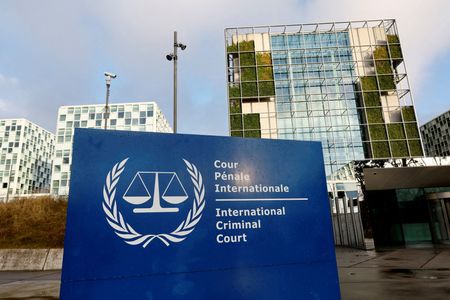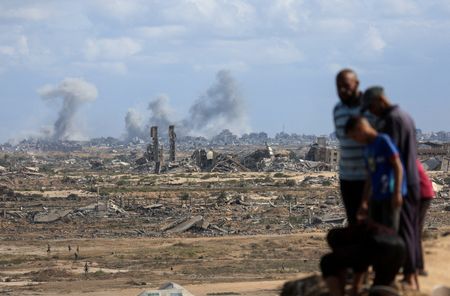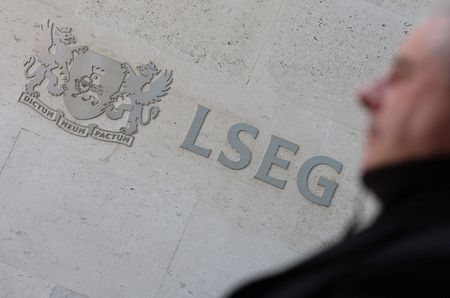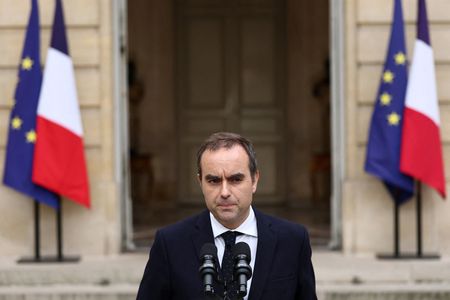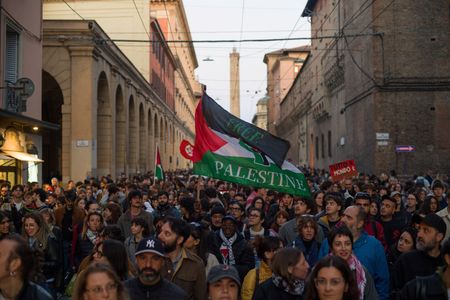By Stephanie van den Berg
THE HAGUE (Reuters) -The International Criminal Court on Monday convicted the first Janjaweed militia leader put on trial for atrocities committed in Sudan’s Darfur region more than 20 years ago.
The court found Ali Muhammad Ali Abd-Al-Rahman guilty of 27 counts of crimes against humanity and war crimes, including rape, murder and persecution. His sentence will be determined at a later date after a new round of hearings.
The conviction in the first and only trial looking at crimes in Sudan since the case was referred to the court by the United Nations Security Council in 2005 is a landmark for the ICC.
Darfur’s conflict first erupted in 2003 when mostly non-Arab rebels took up arms against Sudan’s government, accusing it of marginalising the remote western territory.
Sudan’s then government mobilised mostly Arab militias, known as the Janjaweed, to crush the revolt, unleashing a wave of violence that the U.S. and human rights groups said amounted to genocide.
MILITIA LEADER ORDERED NON-ARAB TRIBES TO BE WIPED OUT
Presiding judge Joanna Korner said the trial chamber unanimously found Abd-Al-Rahman, also known by the nickname Ali Kushayb, guilty of all the crimes he had been charged with and dismissed his defence that he was the victim of mistaken identity.
“He encouraged and gave instructions that resulted in the killings, the rapes and destruction committed by the Janjaweed,” she said.
Korner added that he gave orders to “wipe out and sweep away” non-Arab tribes and told soldiers “don’t leave anyone behind. Bring no one alive”.
Victims of the Darfur conflict said the milestone judgment had restored some faith in the ICC and its slow procedures.
“As victims, the ruling is a victory for us and for justice, because the crimes he committed had huge impacts for the last 22 years. We were displaced, made refugees in camps,” said Jamal Abdallah, 32, who was displaced from his home in West Darfur as a child by the Janjaweed in 2003.
U.N. rights chief Volker Turk said the conviction was “an important acknowledgment of the enormous suffering endured by the victims of his heinous crimes, as well as a first measure of long overdue redress for them, and their loved ones”.
COURT STILL SEEKING FORMER SUDANESE PRESIDENT
There are still outstanding arrest warrants against Sudanese officials, including one accusing former President Omar al-Bashir of genocide charges.
According to Sudanese army sources, Bashir and former defence minister Abdelrahim Mohamed Hussein are in military custody in northern Sudan.
While sources said another ICC fugitive, interior minister Ahmed Haroun, was at large after escaping prison at the outbreak of war, Reuters met him in northern Sudan in April of this year. At the time, he dismissed the ICC as a colonialist institution.
People displaced from the villages Kushayb raided watched the hearing around a Starlink terminal in Kalma camp in South Darfur.
“We have been waiting for more than 20 years for this day… we hope there will be reparations for what we have lost,” said one elderly man.
Since the start of the ICC trial three years ago, conflict has erupted again in Sudan.
The new fighting that erupted in April 2023 between the Sudanese Armed Forces and the paramilitary Rapid Support Forces has unleashed waves of ethnically-driven killings, caused mass displacement and created what the U.N. has called the world’s worst humanitarian crisis.
“The same people who were there in the 2000s are in the RSF now. The reason they repeat their crimes is lack of accountability,” said Abdallah, who said the RSF displaced him again in 2023.
(Reporting by Stephanie van den Berg and Bart Meijer, additional reporting by Nafisa Eltahir in Cairo and Khalid Abdelaziz and Emma Farge in Geneva Editing by Gareth Jones, Alexandra Hudson, Ros Russell)

